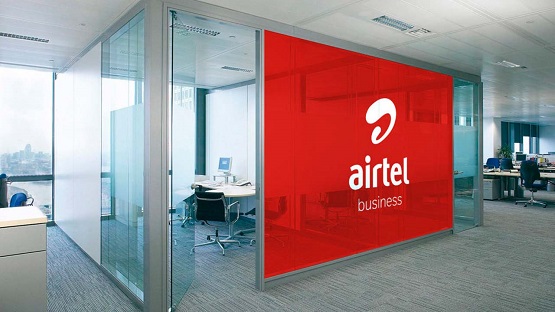In a significant shift within Nigeria’s telecommunications landscape, Airtel Nigeria has implemented a substantial increase in its call and internet tariff plans, mirroring a similar move by MTN Nigeria just a week earlier. This adjustment follows the approval from the Nigerian Communications Commission (NCC), granting telecom operators the green light for a 50% price hike across the industry.
New Data Pricing Structure
As part of this tariff revision, Airtel has overhauled its data pricing model, effectively phasing out its most affordable monthly plan. Previously, customers could access 1.2GB of data for N1,000, but this option has now been replaced by a 2GB plan priced at N1,500.

Several other changes have been introduced, significantly altering the affordability and structure of data plans:
- 3GB now costs N2,000, replacing the former 1.5GB plan which was priced at N1,200.
- 4GB is now available for N2,500, an increase from the previous 3GB plan at N1,500.
- 8GB now comes at N3,000, a substantial jump from 4.5GB at N2,000.
- 10GB is priced at N4,000, up from 6GB which was previously available at N2,500.
- 13GB now costs N5,000, taking over from the 10GB plan which was sold at N3,000.
- 18GB has been adjusted to N6,000, replacing the previous 15GB plan that was available at N4,000.
- 25GB is now set at N8,000, an increase from the former 18GB plan at N5,000.
Increase in Call Rates
In addition to data price adjustments, Airtel Nigeria has also revised its call rates. Previously, customers were charged approximately 18 kobo per second for voice calls. However, this has now been increased to 25 kobo per second, making voice communication significantly more expensive for subscribers.
Some Plans Remain Unchanged
Despite the sweeping changes, not all tariff plans have been affected by the price hike. Notably, Airtel has opted to retain certain packages, such as its weekly 5GB plan for N1,500, ensuring some level of continuity for customers who rely on specific offers.
Implications and Justification
The decision to raise tariffs has been framed as a strategic move aimed at sustaining the operations and expansion of telecom networks across Nigeria. According to industry analysts, the increased revenue will allow network providers to enhance infrastructure, improve service delivery, and invest in innovative solutions that ultimately benefit consumers. This includes better network quality, improved customer service, and broader coverage across the country.
As consumers adjust to these new pricing structures, the debate continues over the balance between affordability and the need for telecom operators to maintain and expand their services in a fast-growing digital economy.
